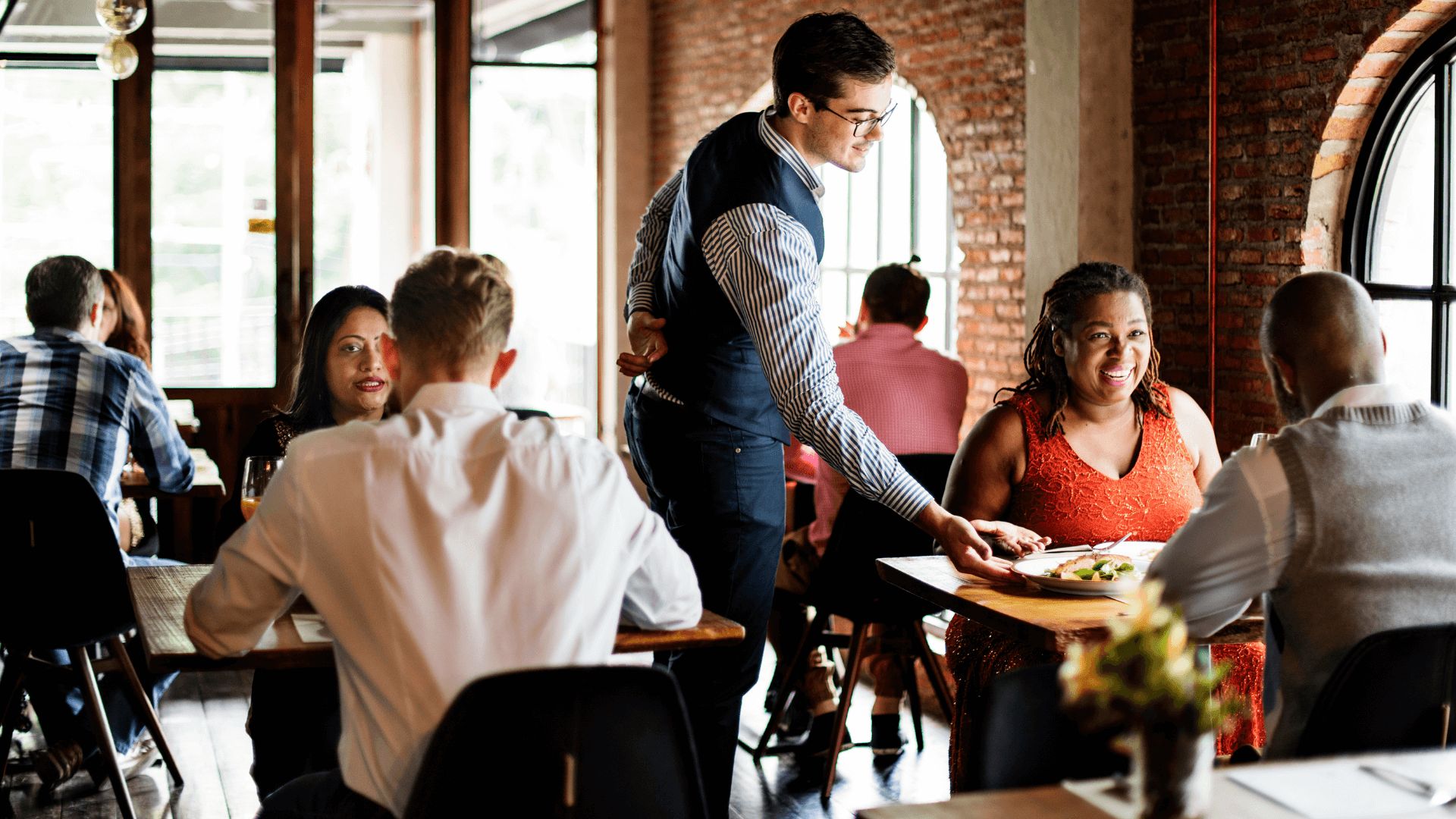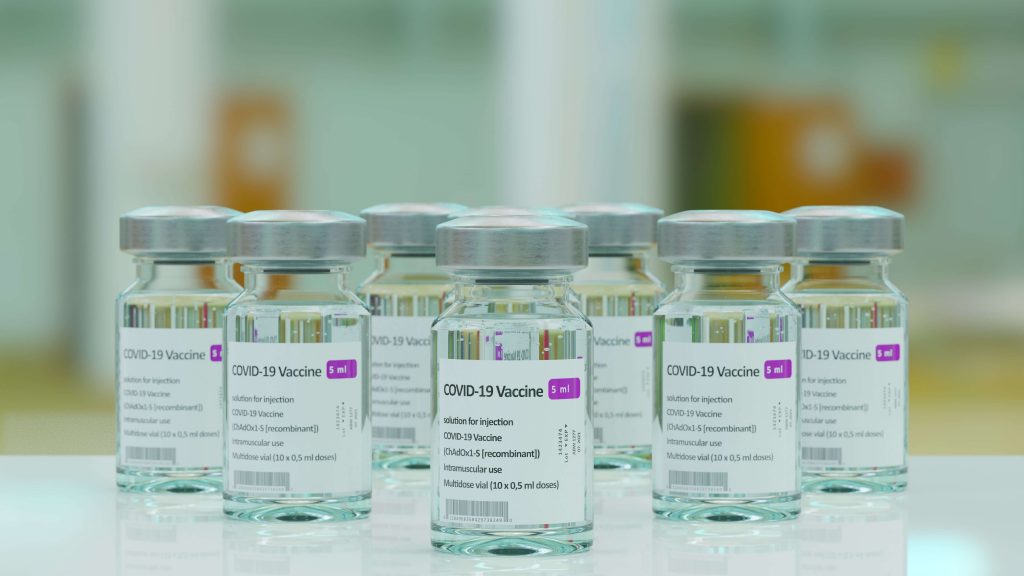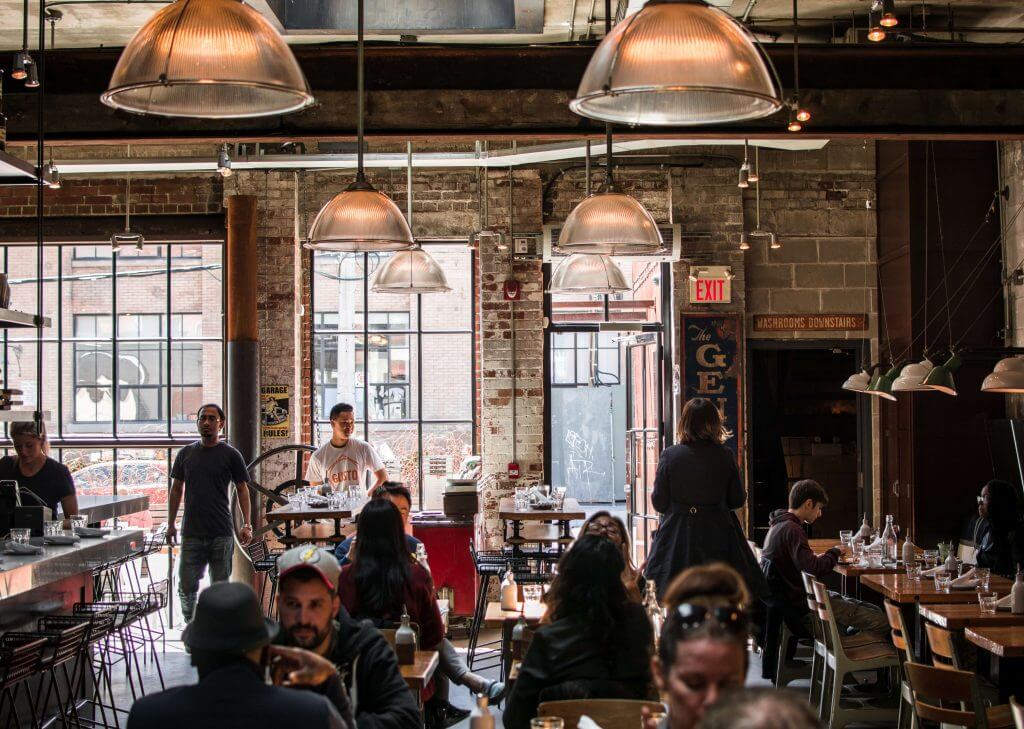NYC to Require Proof of Vaccination for Entry to Restaurants
As public health specialists anticipate a high spike in Delta strain infections, NYC takes action.
NYC to ask for proof of vaccination upon entering indoor dinings, gyms, and enclosed entertainment venues. The program, called “The Key to NYC Pass,” is the first of its kind in the US.
Check out the public announcement shared via NYC mayor Bill de Blasio’s Twitter:
Join us live at City Hall for a major announcement on how New York City will lead the way in fighting back COVID and driving up vaccinations. https://t.co/MV5jan14NT
— Mayor Eric Adams (@NYCMayor) August 3, 2021
As the decision is set to take full effect on September 13, public debate around the subject intensifies. How will the new measures impinge on already strained restaurant processes, and what should we expect?
Vaccination Proof Becomes Mandatory – Why Now?
Unfortunately, now is not the time to relax, public health specialists tell us. The highly transmissible Delta variant spreads and threatens to become the dominant strain—which means we need to stay alert. Even as existing shots fail to provide complete protection against this new strain, two-dose vaccines (such as Pfizer-BioNTech and Moderna) have proven outstanding efficiency against severe or fatal illness, even in infections with Delta variants.
Mayor Bill de Blasio has strongly advocated for the mandated vaccine requirement, regarded as crucial to the ongoing fight against COVID-19: “It is time for people to see vaccinations as literally necessary to living a good, full, and healthy life,” he stated at the press conference.
Currently, the state of NY leads immunization efforts, as 57.9% of the population stands fully vaccinated as of August 11. The decision is meant to boost these figures in hopes of achieving sufficiently strong herd immunity before a new wave strikes. Other cities across the US are considering similar measures.
Impact on Restaurants – What to Expect
Not only the clients but also the staff that needs to be fully vaccinated. This is, of course, an extra responsibility, as foodservice businesses now need to ensure that both their employees and their clients carry valid proof of COVID-19 vaccination. Implementing the new measure also involves additional training for restaurant personnel, which is obligated to reinforce it on diners.
All in all, this doesn’t bode too well for the future of Restaurants, shows July 2021 this study by Datassentials. They’ve concluded that “most people will go along with the required wearing of a mask at restaurants (but fewer would comply if a restaurant asked to see proof of vaccination).”
According to the survey, if a restaurant required guests to show proof of vaccination to dine in, only 51% of respondents would immediately comply, while 30% would leave (but reconsider visiting once restrictions end). Finally, 19% would choose a meal to go , or have it delivered home.
Executive director Andrew Rigie from the New York City Hospitality Alliance (NYCHA) has expressed some concerns about the impact of a mandated vaccine requirement on operations and place, yet again, greater pressure on restaurants, “particularly in communities with lower vaccination rates and hesitancy.”
However, he’s also stated that mandated vaccines, while a “very difficult step,” could save the industry from heavier measures (like shut down orders) if the spike in COVID-19 Delta cases isn’t flattened. Such actions “would again absolutely devastate small businesses that have not yet recovered from the pandemic.”
NYC mayor Bill de Blasio has indicated that upcoming debates will analyze how the vaccine program will affect restaurants’ labor requirements and whether city aid will be provided for affected businesses.
Final Thoughts
Despite the heavier turn of restaurants, gyms, and indoor entertainment facilities, the vaccine requirements might successfully ensure that NYC doesn’t revert to more drastic restrictions – a daunting but feasible prospect if the new Delta variant continues to spread at high rates.
More details are expected to follow in the week of August 16, which opens the transition period, so keep an eye out for the news.


